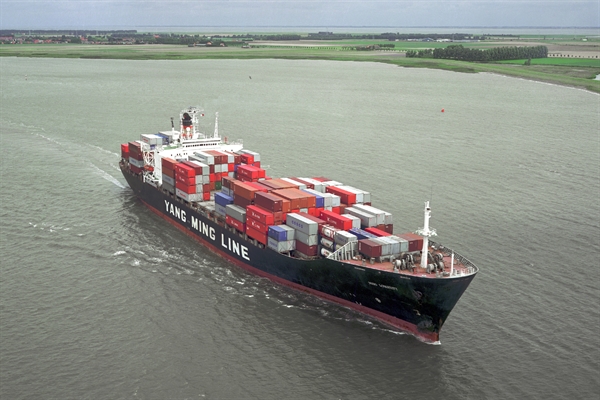International obligations and partnerships
The overarching topics in the policy for the North Sea are spatial planning, achieving and maintaining good environmental status and ensuring there is a good balance between functions and use, on the one hand, and the carrying capacity of the North Sea system on the other.
Global
There are international frameworks in place that exert a strong influence on this policy. These are partly formal legal obligations, although in many cases international frameworks have the character of agreements and partnerships. The overall global legal framework for what nation states and off-shore user sectors are allowed and are able to do is the UN Convention on the Law of the Sea (UNCLOS).
European
Interests in the field of ecological management, the ecosystem, nature protection and spatial planning are strongly influenced by European policy and the related directives and legislation. That also applies to the fisheries policy and overarching policy that focuses on making the use of marine sources more sustainable.
Regional
In the wider marine system of the North-east Atlantic region, not all desired management can be accommodated under European regulations. For that reason, over the past decades a range of treaties has been agreed between a large group of nation states at North-east Atlantic region level.
North Sea
States with a North Sea coastline have many interests in common relating to the sea of which each country administers a section. Neither the water system, nor the living nature is bound by national borders. So it is evident that the countries of the North Sea must coordinate their policy, management and use within the existing global and European frameworks.
Bilateral
National North Sea policy in the Netherlands harmonises the use of the sea and the necessity of strengthening the ecosystem within the international frameworks. The Netherlands aligns plans in that respect bilaterally with similar plans from its immediate neighbouring countries Belgium, the United Kingdom, Denmark, Norway and Germany.
